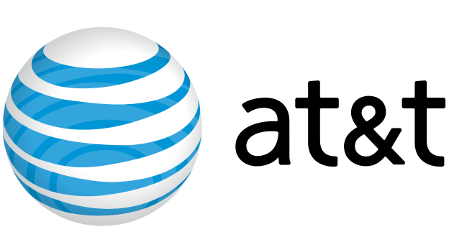AT&T Argues Sinclair-Managed & Controlled Stations Negotiating Retrans in ‘Bad Faith’
The professional video industry's #1 source for news, trends and product and tech information. Sign up below.
You are now subscribed
Your newsletter sign-up was successful
WASHINGTON—On Tuesday, June 18, AT&T filed a “bad faith” complaint with the FCC against nine TV station owners that have pulled 20 stations in 17 cities across AT&T’s DirecTV, DirecTV Now and/or U-Verse; the stations went black on May 30 and June 10. AT&T says that all the stations have shared service agreements with Sinclair Broadcast Group, which it writes in the filing appears to “manage and control” the stations; however, Sinclair was not targeted in the complaint.

The nine station groups included in the complaint are Deerfield Media, GoCom Media of Illinois, Howard Stirk Holdings, Mercury Broadcast Group, MPS Media, Nashville License Holdings, Robert Media, Second Generation of Iowa and Waitt Broadcasting.
Several of the stations affected have said that their retrans deals expired on March 31, though they continued to include their channels on the AT&T services through extensions, with Howard Stirk Holdings and Robert Media saying they offered an unconditional extension earlier this month but were rejected by DirecTV. AT&T says, however, that the nine stations have ignored individual proposals and have been refusing to negotiate “for months.”
That claim that the broadcasters are refusing to negotiate is critical in determining whether the stations are operating in bad faith. Broadcasters, while under no obligation to make deals to have their stations on MVPD services, are required by the FCC and Congress, through the STELAR Act, to negotiate in good faith.
Congress is currently considering the reauthorization of the STELAR Act, which the American Television Alliance says will end the FCC’s authority to enforce the “good faith” rules in regard to retransmission consent.
“This is another symptom of a broken system that’s fueling the blackout crisis and causing retrans fees to skyrocket,” said ATVA spokesman Trent Duffy to AT&T’s stand-off with the stations group. “Congress should not only re-authorize STELAR to maintain the FCC’s authority to enforce ‘good faith’ rules, but also modernize retransmission consent rules, which currently favor broadcasters at the expense of consumers and competition.”
In its filing, AT&T said that the stations “went dark,” refusing to respond after their contracts expired. It also claims that the impasses are not over specific issues, but are instead a part of a strategic delay.
The professional video industry's #1 source for news, trends and product and tech information. Sign up below.
AT&T is hoping that the FCC finds that each station has not negotiated in good faith, force them to the table, require forfeitures and anything else the commission deems appropriate.
UPDATE: This story's headline was updated to reflect that Sinclair manages and controls, but does not own, these stations.
